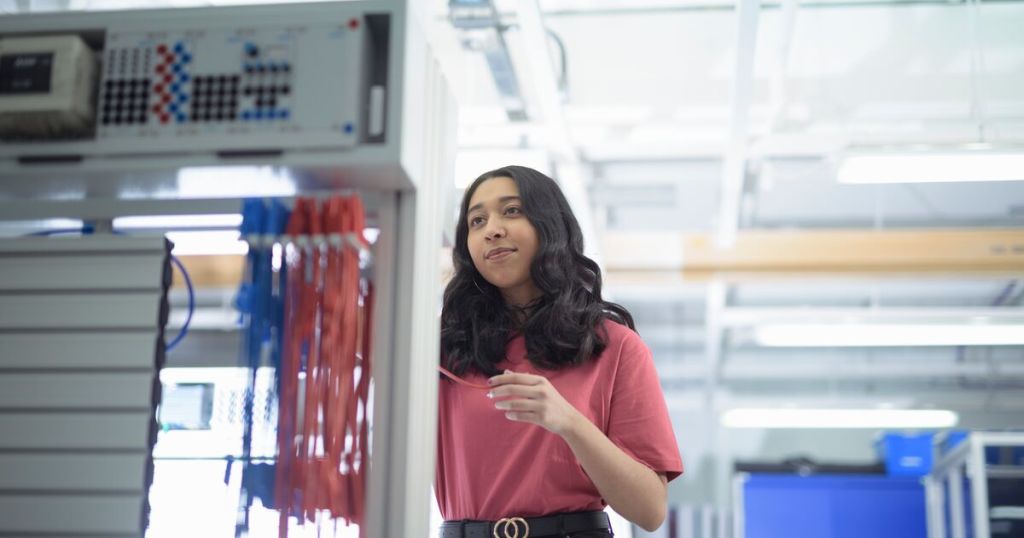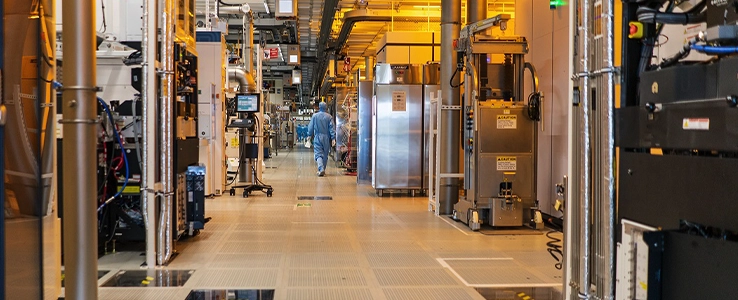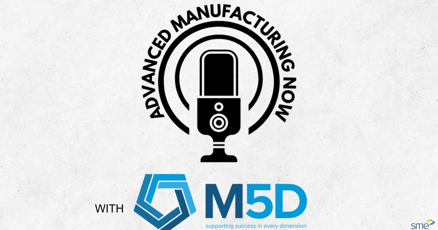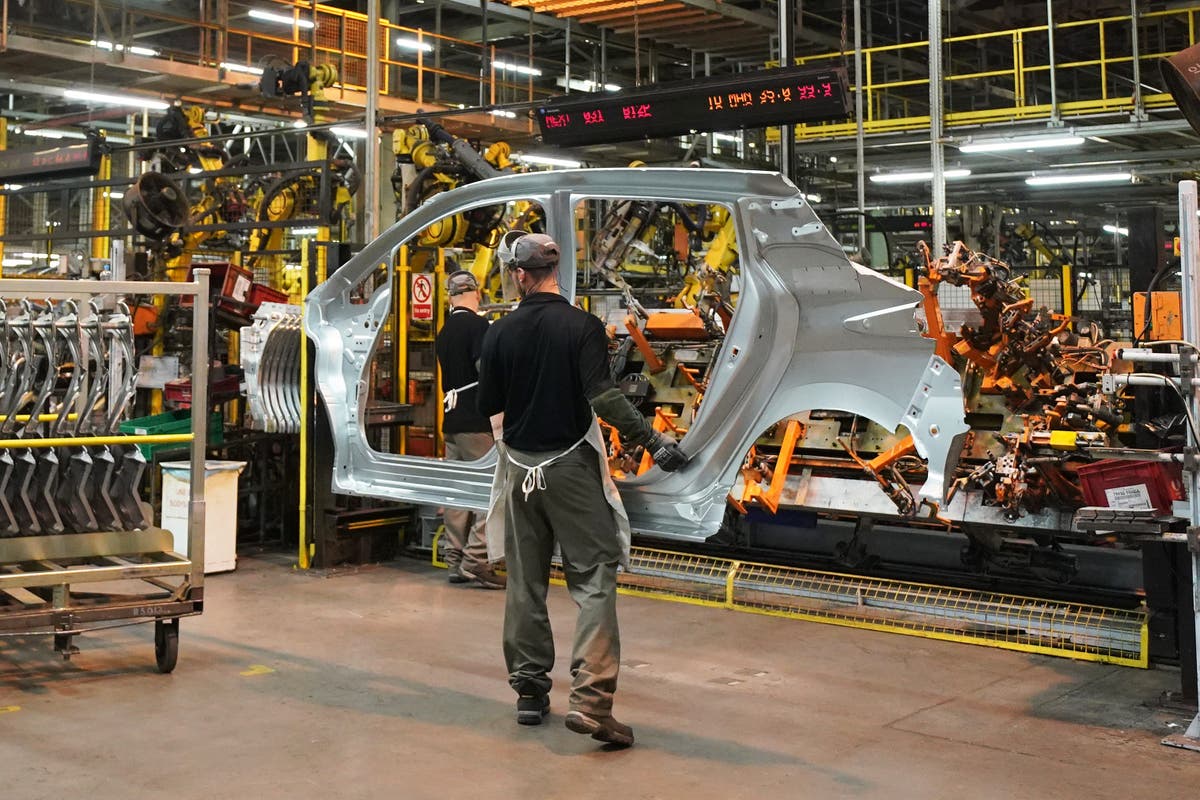Degree Apprenticeships at Risk: How Government Reforms Could Crush Industry's Talent Pipeline
Manufacturing
2025-03-23 23:27:13Content

A stark warning has emerged from the higher education sector, with nearly 70% of universities predicting that upcoming apprenticeship reforms could significantly undermine manufacturing companies' efforts to develop and upskill their workforce through advanced educational pathways.
The proposed government changes are expected to create substantial barriers for employers seeking to invest in higher and degree apprenticeship programs. Universities are expressing deep concern that these reforms might discourage critical workforce development initiatives, particularly in the manufacturing sector, which relies heavily on continuous skills enhancement.
By potentially making apprenticeship programs more complex or financially challenging, the reforms could inadvertently disrupt the crucial pipeline of skilled talent that drives industrial innovation and competitiveness. The overwhelming majority of universities surveyed believe these changes will have a chilling effect on employers' willingness to support advanced training opportunities for their employees.
As the manufacturing landscape continues to evolve in an increasingly technology-driven world, such potential obstacles to workforce development could prove particularly detrimental to the sector's long-term growth and adaptability.
Apprenticeship Reforms: A Potential Roadblock for Manufacturing Workforce Development
In the rapidly evolving landscape of professional education and workforce training, the manufacturing sector stands at a critical crossroads. The impending government apprenticeship reforms have sparked intense debate and concern among educational institutions and industry leaders, raising fundamental questions about the future of skill development and talent cultivation in one of the United Kingdom's most crucial economic sectors.Transforming Workforce Skills: The High-Stakes Challenge of Apprenticeship Evolution
The Institutional Perspective on Apprenticeship Challenges
Universities across the nation are sounding a collective alarm about the potential negative consequences of proposed apprenticeship reforms. A staggering majority of academic institutions—approximately 69%—believe these changes could significantly undermine employers' motivation to invest in higher and degree apprenticeship programs. This widespread concern reflects deeper systemic challenges in bridging educational frameworks with industry-specific skill requirements. The proposed reforms represent more than a mere administrative adjustment; they symbolize a potential paradigm shift in how professional training is conceptualized and implemented. Manufacturing organizations, traditionally reliant on robust apprenticeship models, now face unprecedented uncertainty about their workforce development strategies.Economic Implications of Potential Deterrence
The potential chilling effect on apprenticeship engagement could have far-reaching consequences for the manufacturing sector's competitive landscape. By potentially discouraging employers from pursuing advanced training pathways, these reforms might inadvertently create skill gaps that could compromise technological innovation and operational efficiency. Economic analysts suggest that the reforms could disproportionately impact small and medium-sized manufacturing enterprises, which often rely most heavily on apprenticeship programs for talent cultivation. The intricate balance between educational investment and practical skill development appears increasingly precarious.Navigating Complexity: Institutional and Industrial Responses
Educational institutions are not merely passive observers in this unfolding scenario. Many universities are proactively developing strategic responses, exploring alternative training models and engaging directly with policymakers to mitigate potential negative outcomes. Manufacturing leaders are simultaneously reassessing their talent acquisition and development strategies. The uncertainty surrounding apprenticeship frameworks necessitates a more agile and adaptive approach to workforce training, potentially accelerating the integration of digital learning platforms and hybrid educational models.Technological Disruption and Skill Adaptation
The current reform discussions occur against a backdrop of unprecedented technological transformation. Advanced manufacturing technologies like artificial intelligence, robotics, and advanced manufacturing systems demand increasingly sophisticated skill sets that traditional apprenticeship models might struggle to address comprehensively. Universities and industry stakeholders recognize that the future of workforce development extends beyond conventional training paradigms. The ability to rapidly adapt educational frameworks to technological evolution will be crucial in maintaining the United Kingdom's manufacturing competitiveness on the global stage.Policy Recommendations and Future Outlook
Experts recommend a collaborative approach involving government agencies, educational institutions, and manufacturing organizations. By creating more flexible, responsive apprenticeship frameworks, stakeholders can potentially mitigate the anticipated deterrent effects of the proposed reforms. The ongoing dialogue surrounding these reforms underscores the complex interplay between educational policy, industrial requirements, and workforce development strategies. As the manufacturing sector continues to evolve, the ability to create adaptive, forward-looking training models will be paramount.RELATED NEWS
Manufacturing

Breaking: Scientists Unveil Game-Changing Water-Oil Method for Instant Thin Film Production
2025-03-21 15:00:04
Manufacturing

Silicon Dreams: How India Could Revolutionize Global Chip Manufacturing, Experts Predict
2025-03-15 08:14:39
Manufacturing

Breaking Barriers: How Project Nexus Is Revolutionizing Sustainable 3D Printing
2025-03-18 15:17:49




